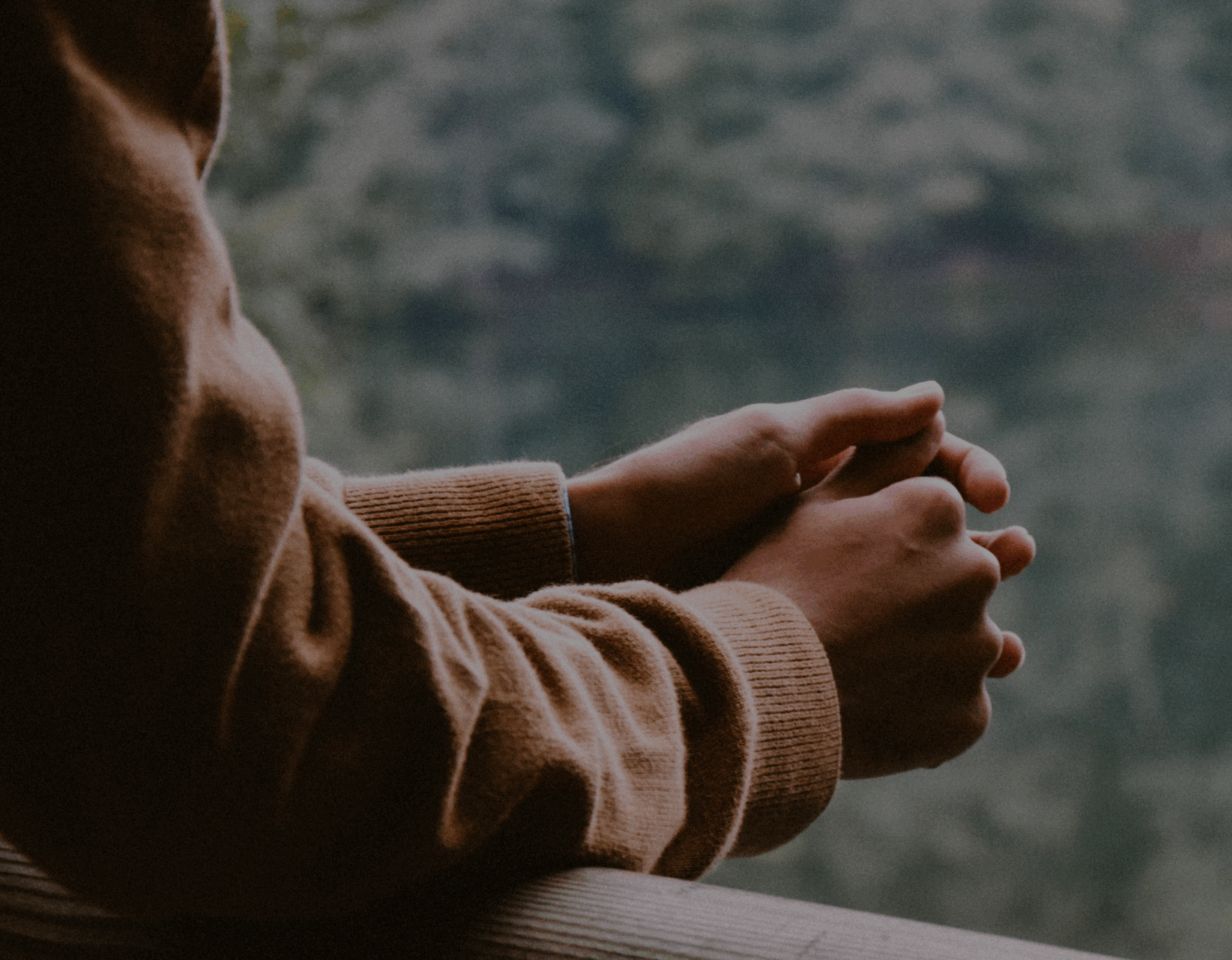It’s common for people to experiment with substances. Many people try them once or only use them rarely. Others may use regularly. You may have first tried alcohol or another drug because you found it lifted your mood, made you feel more relaxed or energized. Maybe you drink coffee every morning to feel energetic and get things done. Some folks are prescribed drugs to help them maintain their health in their daily life. Maybe your friends were using drugs and you felt pressure to try so you’d fit in, or so you wouldn’t be judged if you didn’t join them.
Using substances regularly can impact how we feel, think and act. There are many reasons why people use substances and usually, they relate to how the person is feeling or wants to feel. Using substances can be influenced by how connected the person feels to family members, friends, people at school or work, and others in their community. For example, people may use substances to feel better, more in control or less sad. Some people choose to use substances to self-medicate their feelings or thoughts like anxiety or feeling down. Folks struggling with mental health symptoms may turn to substances to help them try and manage their mood, or control racing thoughts or recurring scary incidents.
Some people use substances as a way to numb themselves from discrimination or from other challenges in their lives. We are all affected by social determinants of health, or what the World Health Organization describes as non-medical things that affect our health like the conditions in which we are born, grow, work, live, and age. They include the forces and systems that shape the conditions of our daily lives.
The chart below shows how many life situations can cause us stress, create mental health challenges and influence our decision to use substances. These social factors can include things like a demanding work schedule, financial problems, intergenerational trauma, racism, a friend group that uses substances, or identifying as gender or sexually diverse in an environment that doesn’t support or validate a range of experiences.
Consider the various parts of your life and how they could be affecting your substance use.

For thousands of years, natural tobacco has been an important part of Indigenous culture in many parts of British Columbia and Canada. Tobacco, peyote, or ayahuasca have been used in ceremonies by Indigenous Peoples since time immemorial in culturally significant settings. Non-traditional uses of substances can be a part of the continuum of substance use, and regular substance use may require treatment or support options. There are programs that provide support and effective options for healing, care and medicine that honour the rich history of the wisdom and knowledge of Indigenous Peoples, including:
- Indigenous knowledge of well-being as a balance of physical, mental, emotional and spiritual health
- an understanding that holistic wellness must also include the broader social, economic, cultural and environmental determinants of health
Healing from substance use is an individual journey for each person. Processing trauma, grief and loss can be a long and difficult task with no easy answers. For more information on culturally safe support options, explore the First Nations Health Authority mental health and wellness supports.







